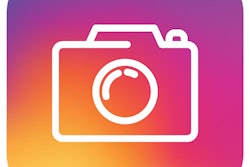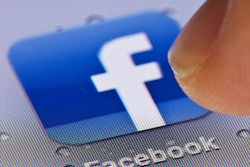
Studies show that the benefits of screening mammography outweigh its radiation risks, yet women continue to express concern about the radiation from mammography, often through social media and particularly on Twitter, according to research published online April 13 in the Journal of the American College of Radiology.
Information about screening mammography and radiation exposure risk disseminated via Twitter may not be accurate, however, wrote a team led by Dr. Ioannis Seimenis, PhD, from the Democritus University of Thrace in Alexandroupolis, Greece. Radiologists need to use the platform to counter this.
"Healthcare professionals, academics, and scientific organizations should employ Twitter in their communication with the public more systematically and emphasize the harms of noncompliance with current guidelines for breast cancer screening over the fear of the theoretical radiogenic risk," the group wrote.
Twitter can be an effective tool in medicine because it offers access to information that users might not encounter in their daily routines, Seimenis and colleagues noted. But studies have found that up to half of tweets regarding medical topics are inaccurate. So the researchers investigated informational and opinion trends on Twitter concerning radiation exposure associated with screening mammography.
The study included 427 tweets released between January 2014 and December 2016 that contained the keywords "mammography" (or "mammo") and "radiation." These 427 tweets corresponded to 329 unique Twitter accounts, 45% of which were owned by people rather than institutions.
A quarter of the tweets were classified as remarks from laypersons sharing concerns about mammography radiation and either encouraging or discouraging others from undergoing the exam. Of the tweets that included links to sources, 20% linked to peer-reviewed medical journals, 23% to sources not peer reviewed, and 10% to informational websites.
The researchers also learned the following:
- 42% of the tweets were favorable toward mammography.
- 32% were neutral.
- 26% were unfavorable.
Seimenis and colleagues found that favorable posts mostly came from private companies (27%) and organizations (18%), while unfavorable posts mostly came from individuals (62%). Furthermore, the percentage of people with an unfavorable attitude toward radiation exposure in mammography could actually be higher: A recent survey found that only 38% of participants were aware that mammography involves radiation, the authors wrote.
Clearly, more effort is needed to spread accurate information to the public regarding the risks and benefits of screening mammography, they concluded.
"[Radiologists], medical physicists, and their scientific societies should attempt to broadcast via Twitter the scientifically documented views on the radiogenic risks of mammography in a credible and comprehensive manner," they wrote.




















